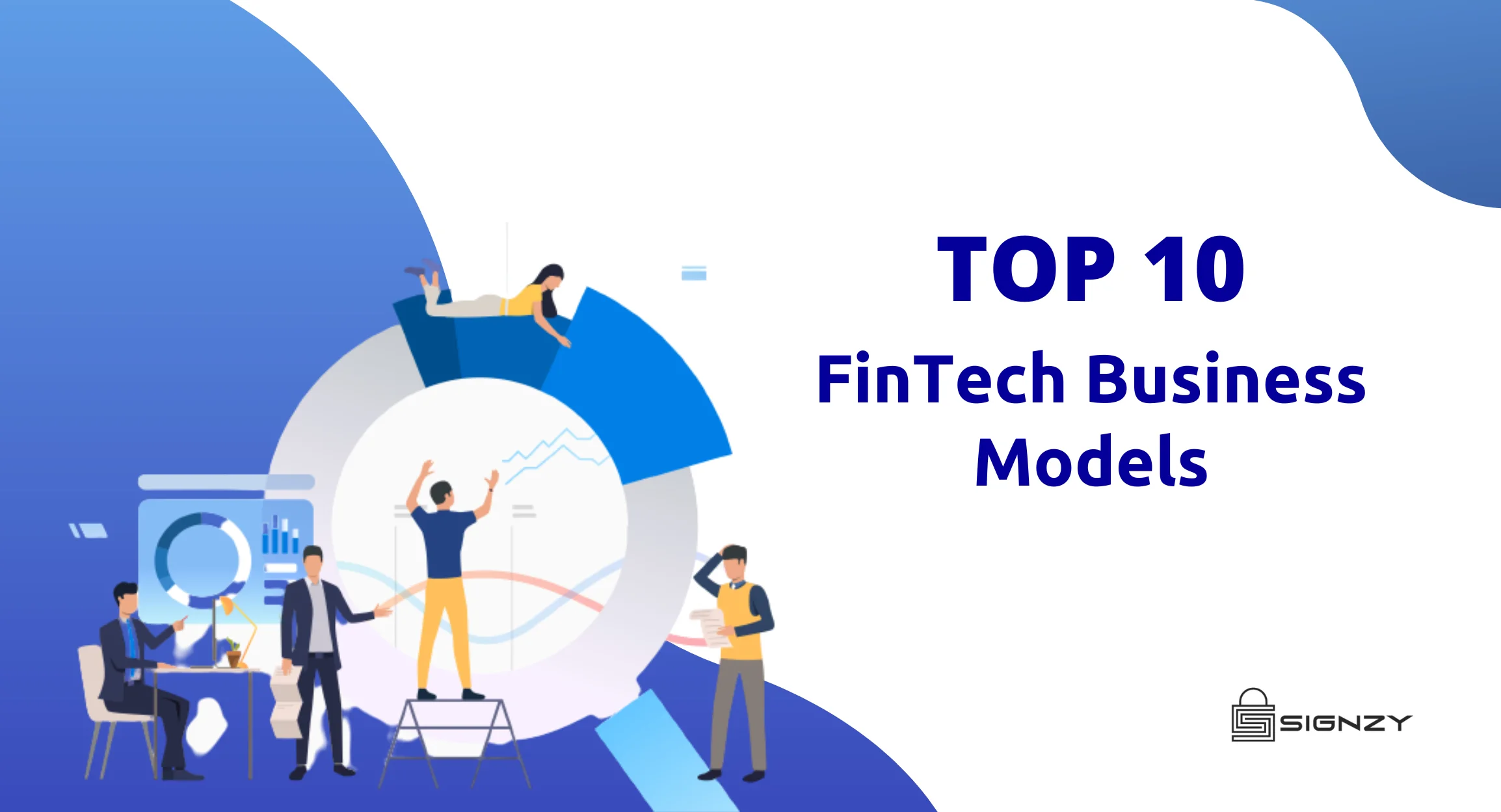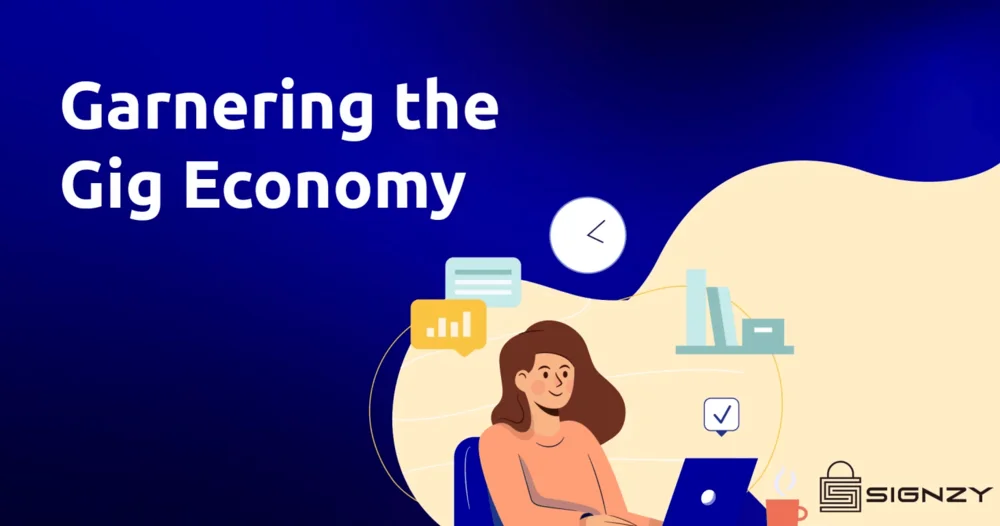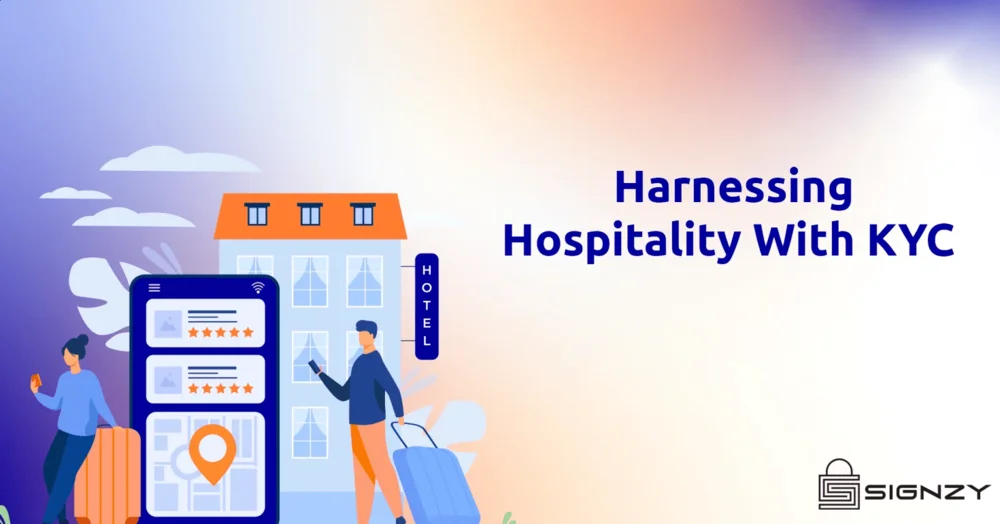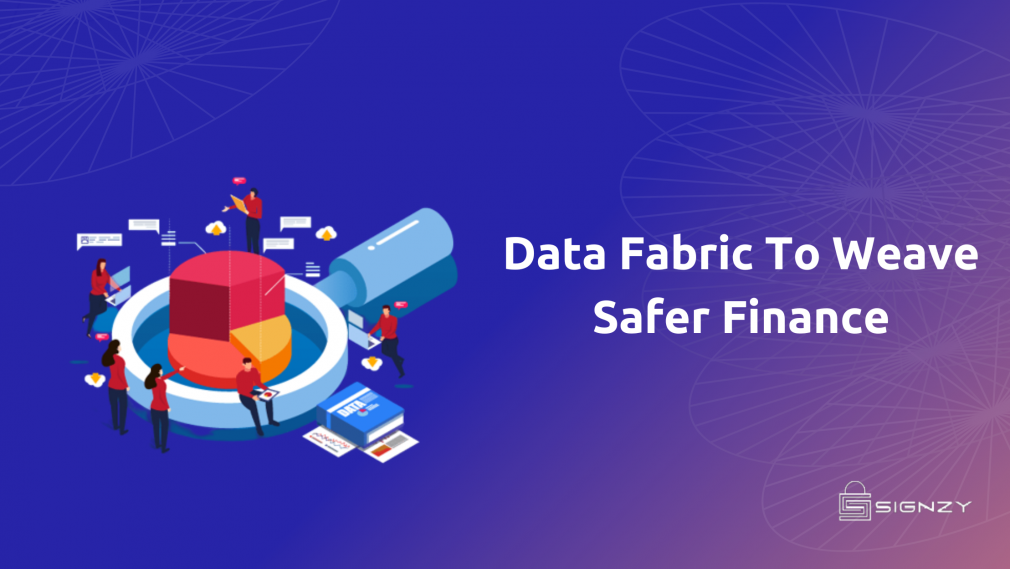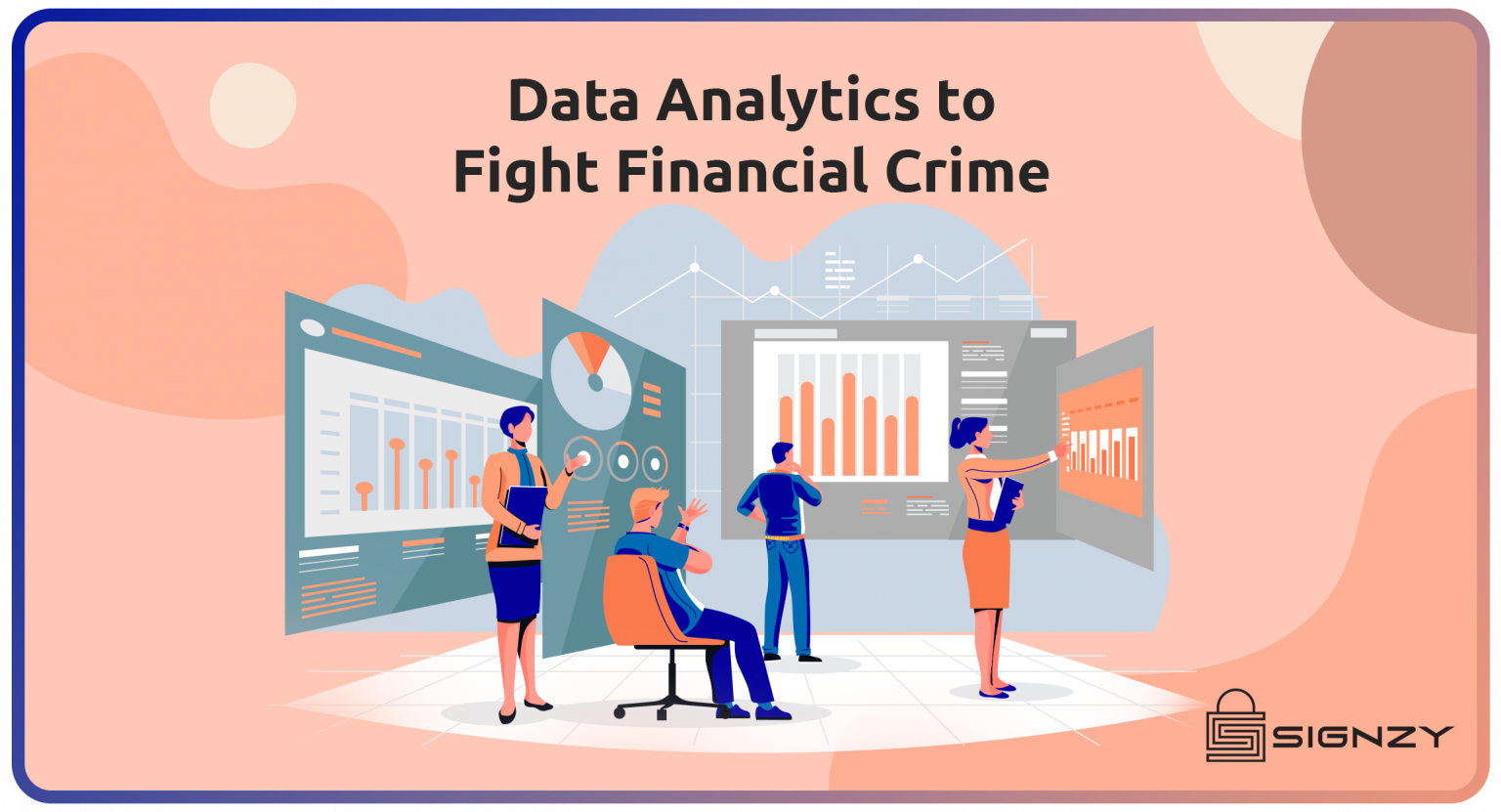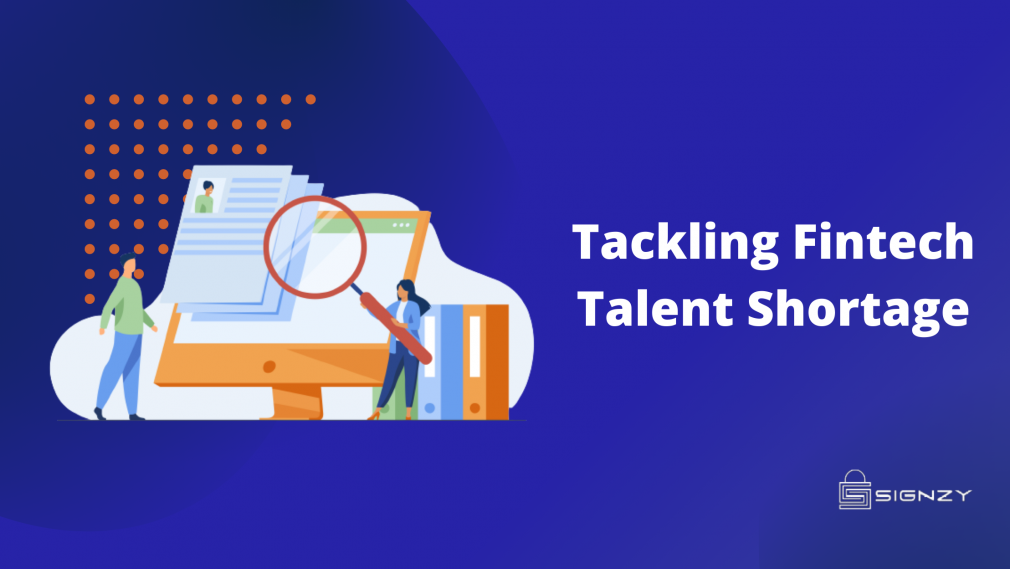Did you know that the global market for blockchain technology will be worth $67.4 billion by 2026? The biggest market value distribution for blockchains is found in the banking industry. India is presently seeing the introduction of this technology.
India has developed into a significant global fintech industry hotspot and has given fintech start-ups considerable space. Covid-19 sped up the fintech sector’s expansion, which is now experiencing record investments and an explosive increase in the use of its services. It was essential for the financial industry to transition to app-based operations as sectors shifted to digital platforms.
The fintech industry has gone a long way with encrypted logins, full access to financial data, and practically all functions available at your fingertips. App-based processes do, however, need less time and effort, but it’s unlikely that they will result in secure transactions, protection against fraud, or transparency to prevent any wrongdoing. Here, blockchain technology has the potential to improve and even completely transform the entire tech-based financial industry.
Understanding Blockchain Technology
A blockchain is a decentralized, open, and distributed digital ledger that keeps track of transactions across numerous computers in such a way that any changes to the record would impact all following blocks and the network consensus. Increasing and leaving its mark in every industry, including fintech, real estate, agriculture, and healthcare, this mushrooming technology is expanding.
Boosting The Booming Fintech
It is clear that with blockchain technology, conventional financial processes may be completely transparent and based on fast, secure transactions. The new fintech transactions can create peer-to-peer networks, quick transactions, and total transparency without needing an intermediary.
Blockchain focuses on lowering the risk for financial institutions and offering secure, encrypted data that are safe and unmodified, potentially making the financial industry more transparent, less vulnerable to fraud, and less expensive for consumers. This enables the industry to concentrate on artificial intelligence- and machine-driven intelligence-based decision-making.
Financial Management Without Banks
Digital wallets, digital payments, and digital lending have all established new market segments due to the expanding new-age client sector. Blockchain technology can effectively govern this ecosystem. Blockchain-integrated digital wallets are protected by private keys while possessing their unique public address, allowing them to send and receive payments. With blockchain technology, wallet holders with private keys are the sole owners of the assets, unlike traditional currency, where banks take responsibility for holding money.
The Relevance Of Digital KYC
Trust and identification have always been difficult to establish in a financial transaction. Blockchain technology will be essential to automate the manual, paper-based, time-consuming, and expensive process of maintaining clients’ up-to-date records through digital KYC. igitization has enormous potential to keep data correct and foster genuine trust among parties conducting online business. Customer consent, data theft, and identity theft are essential parts that facilitate the task for all parties.
Borderless Payments With Blockchain Technology
Financial institutions can concentrate more on improving the speed and effectiveness of payment choices as the industry shifts toward borderless transactions. In addition, regulating the resources required to authorize payments and making them convenient for international payments further lowers the total cost of ownership.
Blockchain technology will revolutionize the fintech industry. Blockchain technology has excelled in the modernization of traditional financial institutions that fintech has risen to do. In addition, the data privacy advantage of blockchain has been building up the much-needed trust between users and providers in the fintech industry.
With an increasing focus on payments, closely followed by securities and trade finance, blockchain will focus on evolving complexity and delivery timeframe, improving financial institutions’ operational efficiency.
About Signzy
Signzy is a market-leading platform redefining the speed, accuracy, and experience of how financial institutions are onboarding customers and businesses – using the digital medium. The company’s award-winning no-code GO platform delivers seamless, end-to-end, and multi-channel onboarding journeys while offering customizable workflows. In addition, it gives these players access to an aggregated marketplace of 240+ bespoke APIs that can be easily added to any workflow with simple widgets.
Signzy is enabling ten million+ end customer and business onboarding every month at a success rate of 99% while reducing the speed to market from 6 months to 3-4 weeks. It works with over 240+ FIs globally, including the 4 largest banks in India, a Top 3 acquiring Bank in the US, and has a robust global partnership with Mastercard and Microsoft. The company’s product team is based out of Bengaluru and has a strong presence in Mumbai, New York, and Dubai.
Visit www.signzy.com for more information about us.
You can reach out to our team at reachout@signzy.com.
Written By:

Signzy
Written by an insightful Signzian intent on learning and sharing knowledge.

